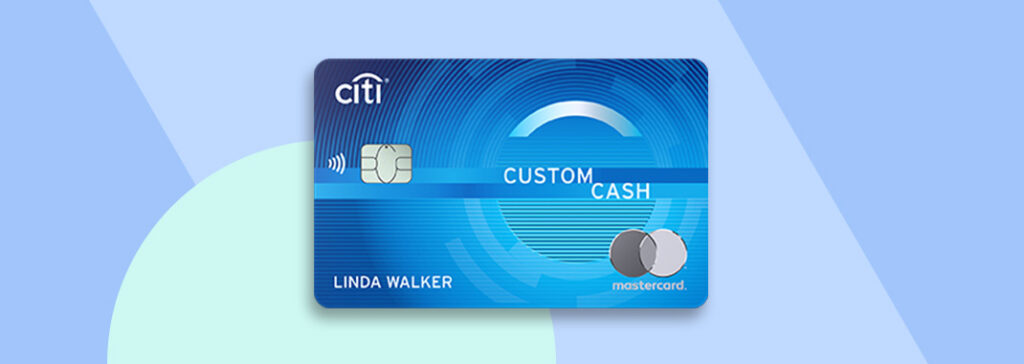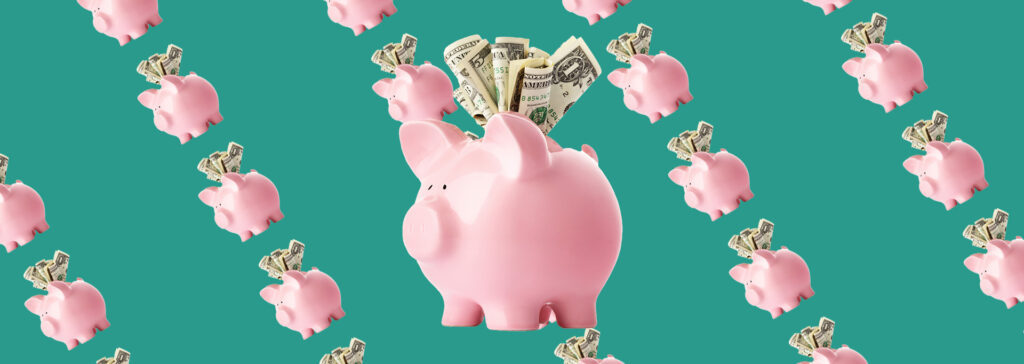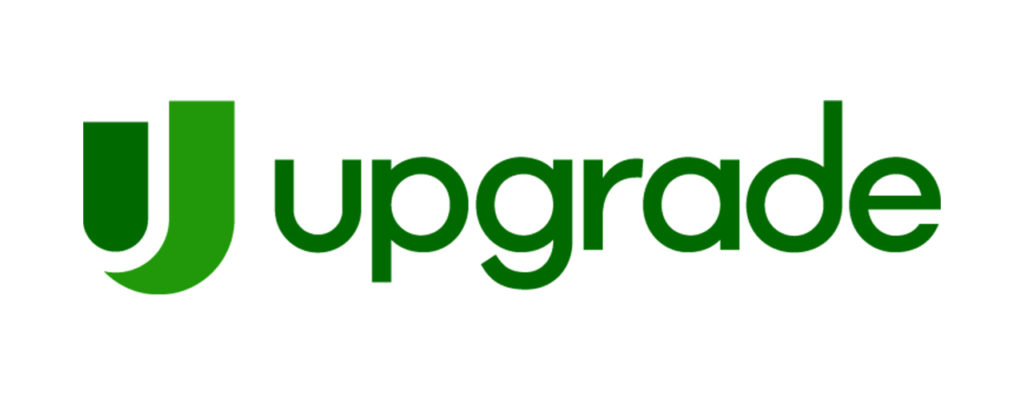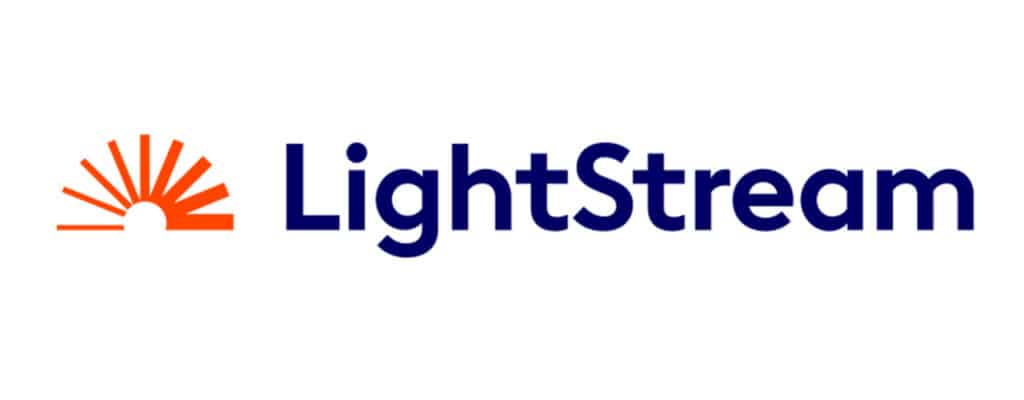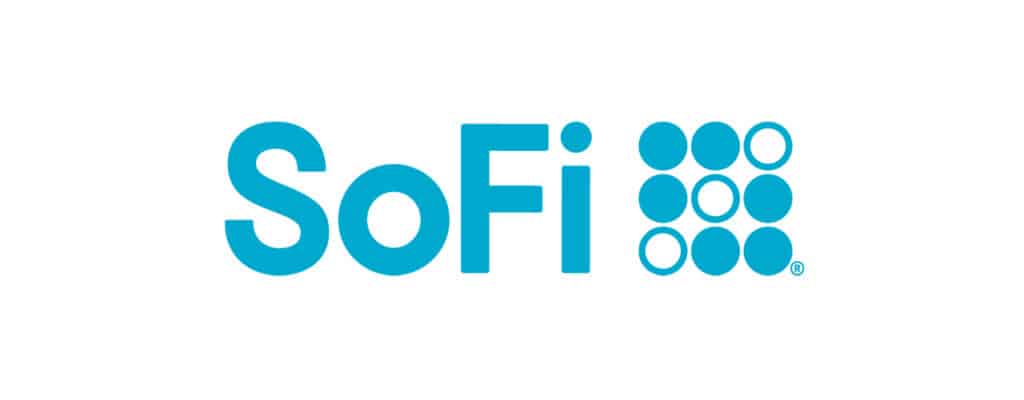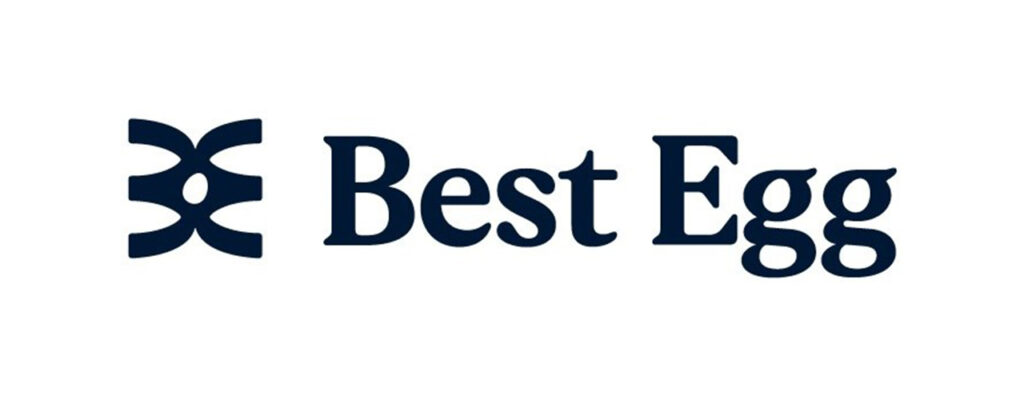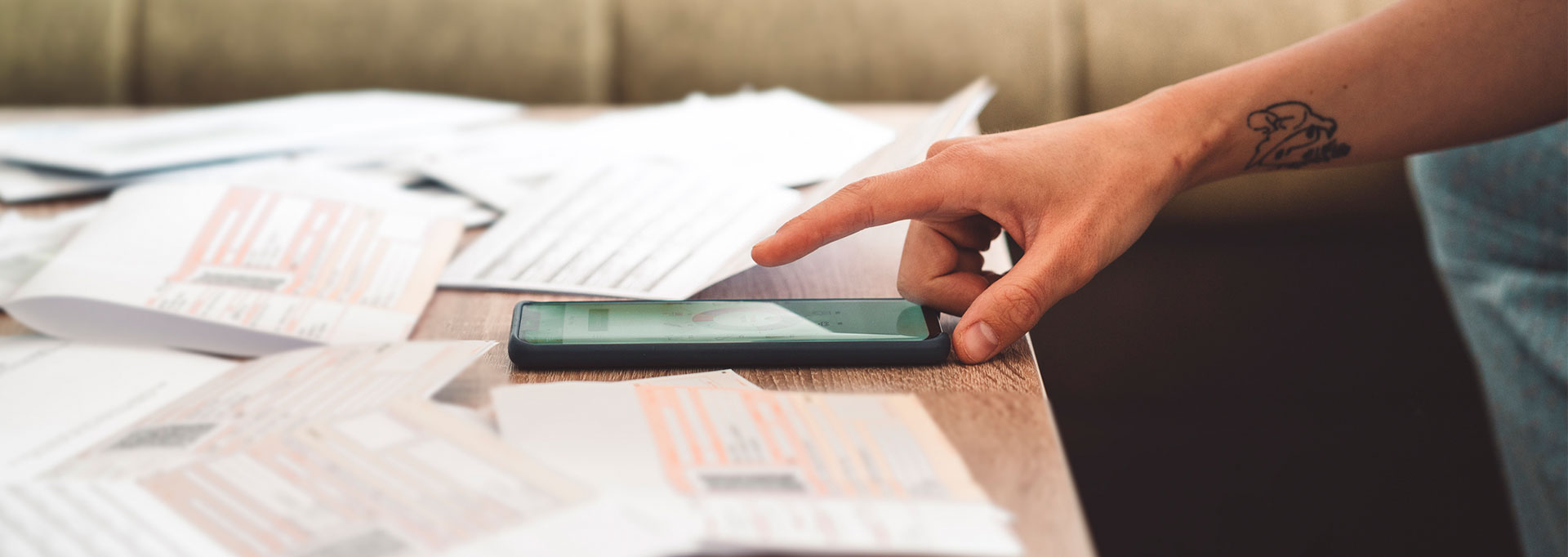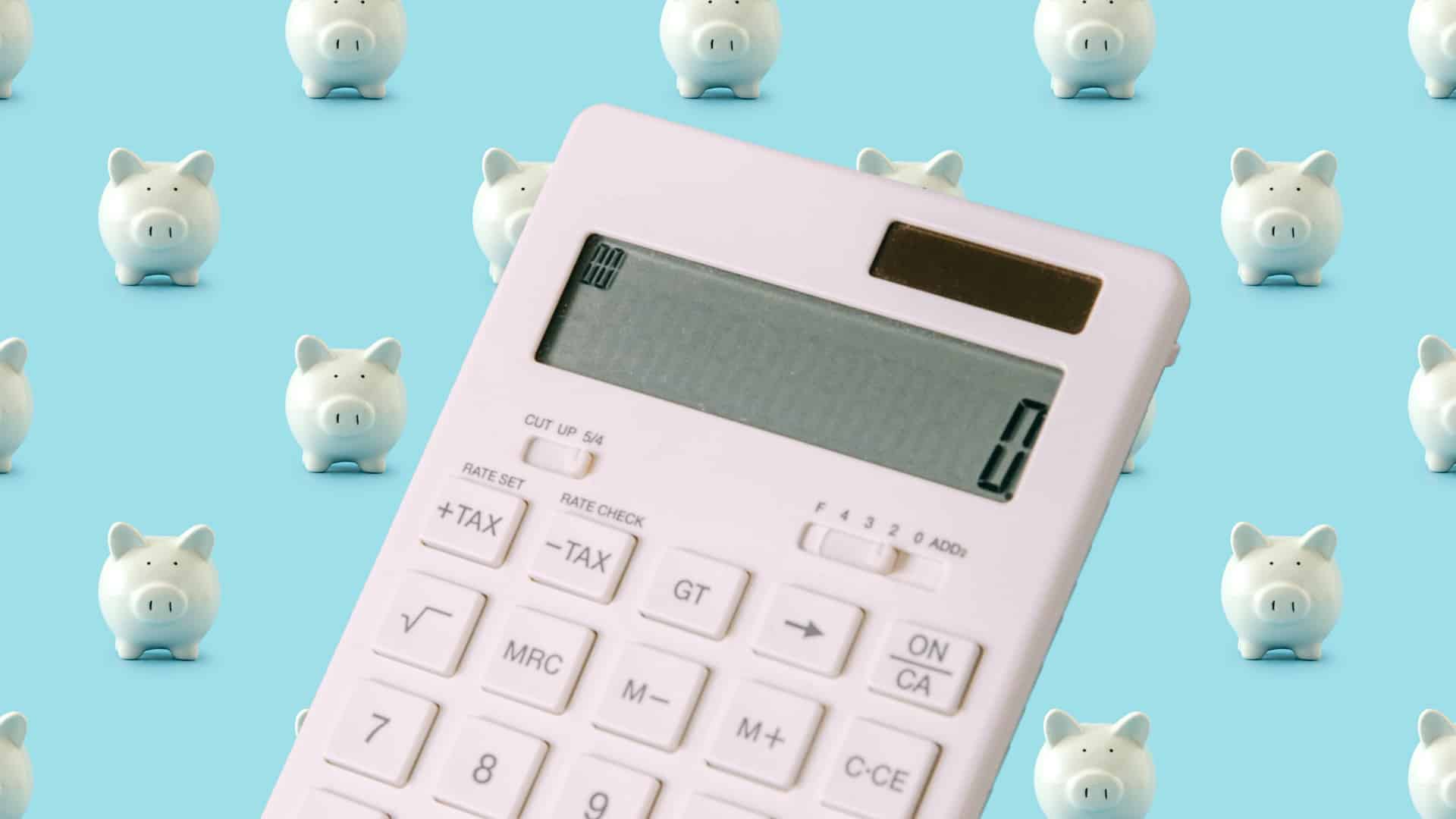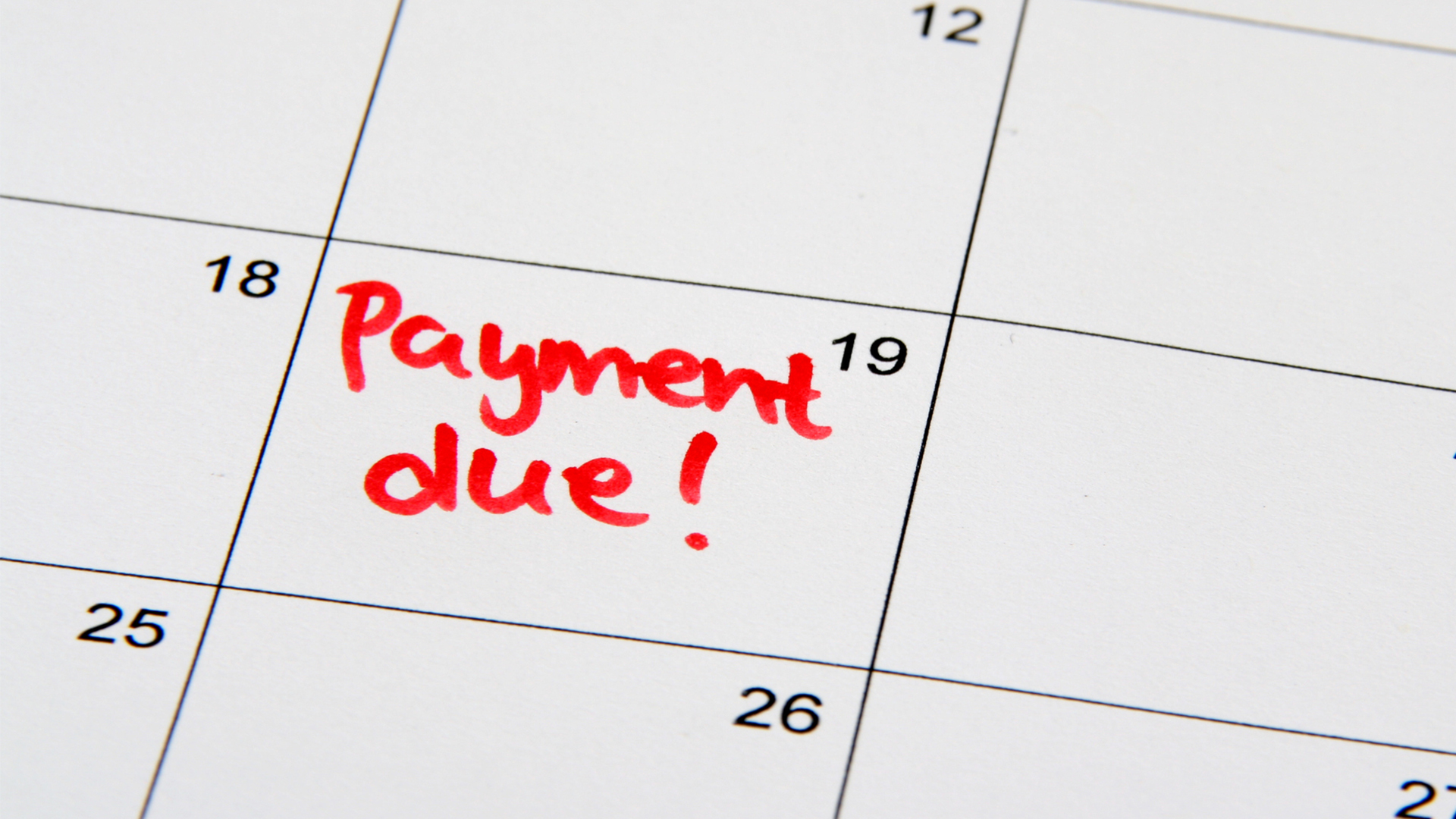Most products on this page are from partners who may compensate us. This may influence which products we write about and where and how they appear on the page. However, opinions expressed here are the author's alone, not those of any bank, credit card issuer, airline or hotel chain.
Being unemployed can be stressful as you navigate the uncertainty of finances, especially when you have rent due or need to repay credit card debt. Tightening your budget and stretching your emergency fund is one way to weather this period. Personal loans should only be used with careful consideration of the pros and cons, as taking on debt without income can be risky. But if you’ve run out of options, personal loans can be a lifeline. We break down whether it’s possible to get a loan on unemployment and the steps you can take to increase your chances of approval.
Can I Get a Personal Loan While Unemployed?
Yes, it is possible to get a personal loan while you're unemployed, as employment status is not a primary consideration when qualifying for a loan. Lenders look at a variety of factors when determining whether to approve a loan, such as the following.
Qualifying for a Loan While Unemployed
If you are unemployed, a lender may look at other factors to determine whether you will qualify for a personal loan.
All Income Sources
A salary isn't the only form of income a lender might consider. These are all considered valid forms of income:
- Rental income
- Income from an investment, such as dividends
- Pension
- Retirement income
- Social Security benefits
- Grants
- Alimony
- Settlement payments
- Child support
- Disability benefits
- Side gigs
As long as the income is regular and obtained from a legal source, the lender may consider it even if you are not employed.
However, if your previous job was your only source of income, then getting approved for a loan will be difficult without any income stream.
Collateral
While income is one of the considerations when applying for a loan, you may be able to increase your chances of approval if you have collateral to offer. Just note that if you're unable to repay the loan, the collateral will be collected, and you might lose your home or another asset you put up.
If the lender doesn't require collateral, you don't have to offer it. An unsecured loan means that the lender takes all the risk. While you might end up with a slightly higher interest rate to cover that risk, it might be to a borrower's benefit than potentially losing an asset.
Repayment History
If you have a very good credit history and can offer collateral, you may have a better chance of being approved for a personal loan. You can check your credit score for free with services like Experian CreditWorksSM Basic or Discover® Credit Scorecard.
Debt-to-Income Ratio
Debt-to-income ratio is how much of your income is spent on debt payments every month. This is what lenders look at when determining how much debt you can responsibly take on. If income is a determining factor in your application, this ratio will play an important part in deciding whether you will be approved.
Ways a Personal Loan Can Be Helpful While Unemployed
When you're unemployed, you may be able to cut some discretionary spending like dining out or nice clothing from your budget to try to reduce expenses. However, certain financial obligations aren't that easy to cut from the budget, such as:
- Rent
- Utilities
- Transportation
- Food
- Childcare
- Insurance premiums
- Medical costs
A personal loan can act to bridge your finances until you're on your feet again and can pay for these items out of your regular income. Lenders also offer emergency loans and same-day loans that can help cover urgent costs if needed.

5 Best Emergency Loans for Same or Next-Day Funding
Best Loans for the Unemployed
If you've crunched the numbers and decided a personal loan is the right fit for you, the next step is to find the right lender for your situation. Here are some of the best personal loans for unemployed borrowers.
- Best for Bad Credit: Upgrade
- Best for Low Rates: LightStream
- Best for Quick Funding: SoFi
- Best for Secured Personal Loans: Best Egg
Best for Bad Credit: Upgrade
Upgrade
- Loan Amounts$1,000 – $50,000
- Loan Terms24 – 84 months
- APR Range8.49% - 35.99%
- Minimum
Credit Score560 or aboveA credit score is used to indicate the creditworthiness of an applicant, but it is only one of several factors considered for approval. These credit scores alone are not guarantees for approval and should only be used as guidelines.
Borrowers with less-than-stellar credit profiles may find Upgrade personal loans accessible, and its quick funding and flexible payment due dates convenient.
Overview
Upgrade offers personal loans that are accessible to those with not-so-ideal credit scores. The low loan minimum of $1,000 also makes it an easy choice for those with small financing needs. However, borrowers in certain states will be subject to higher minimum loan amounts. With this lender, you can expect to pay an origination fee. Borrowers can view their rate before applying without impacting their credit score. Overall, Upgrade is worth considering if you’re looking for a lender that is willing to work with lower credit scores and offers loans with competitive rates and flexible terms.
Read the reviewPros
- Accessible to borrowers with bad credit
- Flexible loan terms
- Joint applications allowed
- Secured loan options
- Direct payment to creditors
Cons
- Has origination fees
- No physical branches
- Higher APRs than some competitors
Best for Low Rates: LightStream
LightStream
- Loan Amounts$5,000 – $100,000
- Loan Terms24 – 144 months
- APR Range7.49% – 25.49% (with autopay)
- Minimum
Credit Score660 or aboveA credit score is used to indicate the creditworthiness of an applicant, but it is only one of several factors considered for approval. These credit scores alone are not guarantees for approval and should only be used as guidelines.
LightStream is a solid online lender offering no fees, high loan maximums and low-rate personal loans for several purposes.
Overview
LightStream offers personal loans for several purposes, including debt consolidation, medical expenses, home improvement, weddings, car purchases and more, making this worth considering for those seeking flexibility. The lender offers relatively low rates compared to competitors, including autopay discounts. Its personal loans also have no origination fees or late fees, which can help keep borrowing costs low. However, borrowers will likely need to have good-to-excellent credit in order to be approved for a LightStream personal loan. Overall, it’s a good lender to add to your shortlist if you’re looking for flexible funding, no fees and a low APR. Lightstream may also disburse loans as soon as the same day you’re approved, making this lender a worthy choice if you need fast funding.
Read the reviewPros
- Low minimum APR
- No origination fees, no late fees
- High loan maximum of $100,000
- Autopay discount
- Joint applications allowed
Cons
- Rates and terms vary by loan purpose
- No soft pull prequalification
- Must have good-to-excellent credit
- No physical branches
Best for Quick Funding: SoFi
SoFi Personal Loans
- Loan Amounts$5,000 – $100,000
- Loan Terms24 – 84 months
- APR Range8.99% – 29.49%
- Minimum
Credit Score680 or aboveA credit score is used to indicate the creditworthiness of an applicant, but it is only one of several factors considered for approval. These credit scores alone are not guarantees for approval and should only be used as guidelines.
SoFi's personal loan offering comes with no fees required and a high loan maximum that may be a good fit for those seeking large loans.
Overview
SoFi offers a competitive personal loan product that boasts no origination fees, no late fees, and a high maximum loan amount of $100,000. SoFi is one of only a handful of lenders offering loans as large as $100,000. If you need a substantial loan to cover a considerable expense, like a home renovation, SoFi’s high maximum can be a strong option. One standout feature of SoFi is that it offers unemployment protection, which might allow you to pause payments if you lose your job. Same-day funding is also available for qualified borrowers
Read the reviewPros
- No origination fees, no prepayment penalties and no late fees
- Loans up to $100,000
- Unemployment protection available
- Autopay rate discounts
- Co-borrower allowed
- Same-day funding available
Cons
- No physical branches
- High minimum loan amount
- Good credit likely required
Best for Secured Personal Loans: Best Egg
Best Egg
- Loan Amounts$2,000 – $50,000
- Loan Terms36 – 60 months
- APR Range8.99% – 35.99%
- Minimum
Credit Score700 or aboveA credit score is used to indicate the creditworthiness of an applicant, but it is only one of several factors considered for approval. These credit scores alone are not guarantees for approval and should only be used as guidelines.
Best Egg provides fast personal loans, including unsecured and secured options.
Overview
You can use Best Egg loans for various purposes, including paying for moving expenses, home improvements, debt consolidation, weddings, adoption and more. Borrowers will pay origination fees and need a minimum annual income of $100,000 to qualify for their lowest rates. Best Egg products are not available for residents in Iowa, Vermont, West Virginia, the District of Columbia or U.S. Territories.
Read the reviewPros
- Loans are funded as soon as the next day
- Loans up to $50,000
- Option for secured loans for homeowners
Cons
- No physical locations
- Has origination fees
- Steep income and credit requirements
- Doesn’t allow co-signers or joint applicants
- Not available in all states
The Challenges of Borrowing While Unemployed

Lenders prefer borrowers to have a steady source of income when qualifying for a loan, as it reduces the risk of default for the lender. This can make borrowing a challenge for those who are unemployed.
Here are some risks and challenges that unemployed borrowers may face when taking out a personal loan:
- Missing payments: If unemployment is causing financial hardship and you're unable to secure another source of income relatively soon, you may end up missing payments. This can lead to other financial issues such as bad credit and the inability to secure further funding.
- High interest rates: Interest rates are a lender's way to offset their own risk. If you can't prove income, they might deem you a higher risk and push up your interest rates. In turn, this can make a personal loan unaffordable.
- Risk of losing assets: If you've put up collateral for the loan, such as equity in your property, your car or cash in a long-term savings product, defaulting on your repayments can lead to the loss of these assets.
- Financial uncertainty: When you're on the job market again, it's hard to say when you'll land your next role. It could be months or even years. The loan you take out may not be enough to last you during the whole unemployment period. At the same time, taking out a larger loan than you can handle is typically not advised.
- Unfavorable lending conditions: When the lender deems you risky but is still willing to lend, the interest rate is not the only way to do it. They may also shorten the loan terms, which means your installments will be higher. This poses an affordability risk.
How to Get a Personal Loan if You're Unemployed

Applying for a personal loan on unemployment isn't much different than applying for a loan when you're employed. However, you might want to check a few things before applying to ensure you have a better chance of getting approved. Here are some tips to help you get started.
1. Calculate How Much You Need to Borrow
It's important to know how much you'll need before you apply for a loan, as you may end up needing a lot less—or worse—a lot more than you think. Consider your necessary expenses, savings and available income when determining how much you'll need.
Quick Tip
A loan calculator can help you figure out how much you’ll owe each month based on potential interest rates and term lengths.
2. Check Your Credit
The chances of qualifying for a personal loan, especially an unsecured loan, will depend primarily on a borrower's creditworthiness. Request a copy of your credit report for free to see where you stand. A credit report allows you to see your credit history, repayments and even your credit score. Good credit history might even land you a great interest rate despite your employment status.
You may also need the following to qualify:
- Some form of income or, at the very least, collateral
- A low debt-to-income ratio
3. Look for a Co-signer
Some personal loans allow borrowers to have a co-signer or joint applicant. The co-signer should have good credit as well as a steady income, and can be a spouse, family member or trusted friend. Be sure the co-signer knows they will be responsible for the loan, so if you miss payments, their credit will also be impacted.
4. Verify Income Requirements
Not all lenders require you to have a salary to qualify for a personal loan. If you have other sources of income such as alimony or rental income, these might qualify too. You'll want to verify your income sources with a lender and check if there is a minimum income requirement.
5. Compare Your Options
If you already have a bank account or other financial products with a lender, there's a chance you may be prequalified for other products. Check for any special offers or incentives from your bank.
If you don't have prequalified options with your existing lender, request quotes from a few lenders to find a good fit. You can go through a quick pre-approval or prequalification process, which doesn't affect your credit score because a soft credit check is performed. Your credit score is only affected once you formally apply for the loan, which is when the lender does a hard credit check.
Compare all of your options to find a loan with the most favorable terms and rates for you.
6. Prepare Collateral
If your lender insists on collateral and you're able to provide it, be sure to have that information on hand.
Collateral can include:
- Vehicle
- Home
- Bank account
- Other assets
In the event you miss payments, the collateral you put up may be at risk.
7. Apply for the Loan
Once you've chosen a lender, submit an application for the loan. You will need to provide all of the necessary documents, including tax returns, bank statements or other verification documents. Some lenders allow you to complete everything online, while some lenders may require you to go to the nearest branch to apply.
What Are the Alternatives If I Can’t Get a Personal Loan?
A personal loan can be an attractive option due to its quick and easy access to funding. But a personal loan may not be right for everyone, or some may have trouble getting approval for one.
There are other financing options to consider, such as:
- 0% APR credit cards: A credit card might work as a bridging loan if your balances can be repaid in full before the interest-free period ends. Check out our roundup of 0% intro APR credit cards to help you get started.
- Family loan: Parents and siblings might be able to help you weather the storm by covering your costs for a little while. Be sure to keep the channels of communication open and repay on the agreed dates to maintain a strong relationship.
- Home equity loan (HELOC): If you have equity in your home, you may be able to tap into it for a loan. It's possible to qualify for a HELOC if you're unemployed, but some form of income may still be required for approval. It's important to note that this type of loan is secured, and if you can't repay it, you might lose your home.
- Contact creditors or utility providers: If you're having trouble paying your utility bills, contact your utility providers or creditors to explain the situation. Some providers may have relief for you, such as deferment, paused payments or other financial assistance programs. It doesn't hurt to ask.
- Side hustles: Those who are in between jobs can look to side gigs to supplement their income while they're on the job market. Driving for Uber or getting a part-time job can offer flexible schedules and additional streams of income.

Can I Get a Personal Loan Without Proof of Income?
Should You Get a Loan While Unemployed?
Each person's financial situation is different. A personal loan can be a helpful financial resource during a time when you need it, but there is also a risk of not being able to repay the loan due to a lack of income. If you are able to handle repaying the loan and are confident you'll land a job soon, a personal loan can make sense to help you cover short-term costs. If you're unsure how much you'll need and when you'll be able to work again, a personal loan might not be the best option at this time.
FAQs
-
Employment is not necessarily a factor when applying for a personal loan. However, some banks may have an income requirement. This income can be from other sources such as pensions, alimony and child support. If this isn’t available, banks may still approve the loan if there is sufficient security to cover the risk.
-
The decision should be based on your unique financial situation. If an individual has sufficient means to cover the loan repayment plan while unemployed, applying for a personal loan may work out.
A personal loan may also be reasonable if a person's unemployment situation is temporary and they already have new job lined up. People who are struggling financially and don't have the means to repay a loan should avoid taking out extra debt if possible.
-
If you don't qualify for a personal loan at your bank, consider putting up collateral or finding a co-signer to help improve your chances of approval.
There are also other alternatives to consider, such as borrowing from family, zero-interest credit cards and government assistance programs that can help those who are struggling financially.
